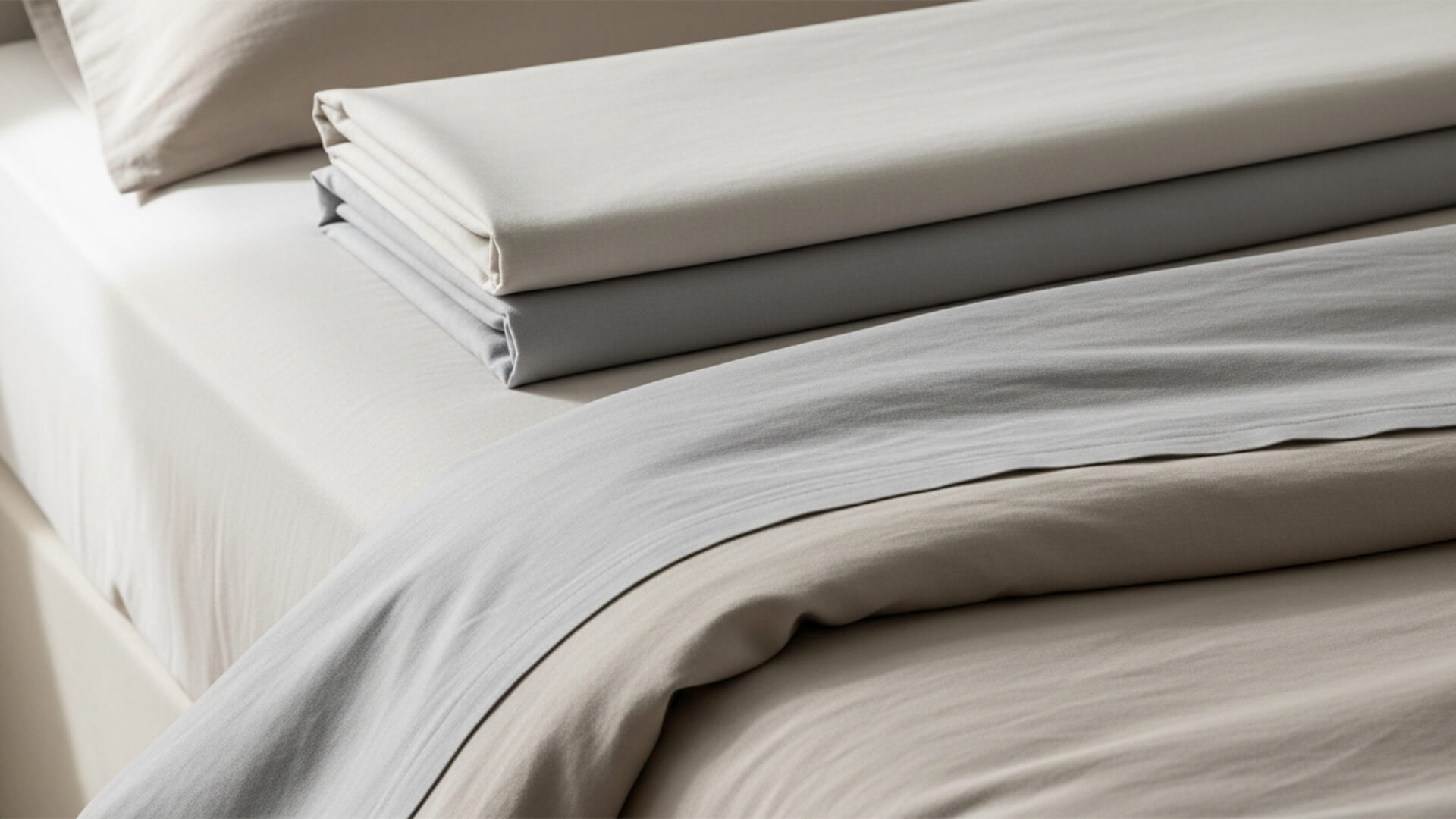
The Password to Quality Sleep: Sleep Hygiene
Modern life challenges our sleep routines more than ever. Endless notifications, bright screens, noisy environments and constant stress all make it difficult to enjoy natural sleep. That’s why many of us wake up feeling drained instead of refreshed. Yet quality sleep is not a luxury — it’s the foundation of physical health, mental clarity, and emotional well-being.
This is where sleep hygiene comes in: a set of habits and environmental adjustments designed to support better sleep. With simple yet effective lifestyle changes, sleep can once again become a restorative process rather than a struggle.
Sleep Rhythm Regulation
The human body has a biological clock that manages the sleep-wake cycle. Irregular sleep and wake times disrupt this rhythm, leading to difficulty falling asleep and low energy throughout the day. Maintaining a consistent sleep schedule — even on weekends — strengthens the body’s natural rhythm. Over time, the brain recognizes when it’s time to sleep and when it’s time to wake, creating a smooth and natural cycle.
Pre-Sleep Transition Routine
A sleep routine acts as a bridge between daytime activity and nighttime calm. Soft lighting, a warm shower, light stretching, reading or listening to calming music help the mind slow down and prepare for rest. Repeating the same relaxing activities each night conditions the brain to associate them with sleep, making it easier to drift off and achieve quality sleep.
Light and Digital Stimuli Management
Screens emit blue light, which suppresses melatonin — the hormone that triggers sleep. Scrolling through your phone or laptop before bed confuses the brain and delays sleep. For better sleep hygiene, digital devices should be avoided at least one hour before bedtime. If necessary, night mode settings or blue-light filters can be used. Physical books or low-light e-readers are smarter nighttime companions.
Ideal Sleep Environment
Your bedroom should be the calmest area of your home — a place designed for recovery. Several factors shape sleep quality:
- Total darkness or a sleep mask
- A quiet setting or consistent calming background noise
- A cool temperature around 18–21°C (64–70°F)
- A mattress and pillow that properly support the body
Importantly, the bedroom should only be associated with sleep and rest — not work or entertainment. This mental association helps the brain shift more quickly into sleep mode.
Balanced Nutrition and Stimulant Control
Caffeine can remain active in the body for up to eight hours. Evening consumption of coffee, tea, chocolate or energy drinks interferes with quality sleep. Heavy dinners, sugary snacks, and alcohol also disturb digestion and cause nighttime awakenings. A light meal and controlled hydration in the evening can dramatically improve sleep comfort.
Physical Activity Support
Regular physical activity contributes to deeper and more restful sleep. However, exercising right before bedtime stimulates the nervous system and delays sleep. Early-day workouts — or simply a daily walk — help release tension and enhance natural sleep pressure by nighttime.
Mental Relaxation Management
Sleep is a mental reset. Racing thoughts, stress and emotional tension overload the mind and keep it awake. Practices like breathing exercises, guided relaxation, journaling or meditation can help silence inner noise. When the mind relaxes, the body follows.
Daytime Nap Balance
Short power naps can be refreshing, but long or late-day naps reduce nighttime sleepiness. Keeping naps brief and early in the day supports sleep hygiene without disrupting nighttime rhythm.
Monitoring Sleep Issues
Sleep needs differ from person to person. If difficulties persist — like frequent awakenings, trouble falling asleep, or waking up exhausted — a sleep specialist should be consulted. Symptoms such as loud snoring or interrupted breathing may indicate a medical condition that requires treatment.
The Life Impact of Sleep Hygiene
A strong sleep routine leads to:
- Better memory and focus
- Greater emotional balance
- Stronger immunity
- Higher motivation and energy
- A healthier metabolism
Good sleep is the first step toward a better day — and a better life. Sleep hygiene transforms rest into renewal.
Healthy Sleep, Healthy Life
Sleep is not only rest — it is preparation for the next day. With small but meaningful improvements, quality sleep becomes your greatest ally in productivity, wellness and happiness. Strong sleep hygiene is one of the most valuable self-care investments you can make.
You can explore mattress options tailored to your needs on Lova Yatak’s online store for a truly quality sleep experience.
